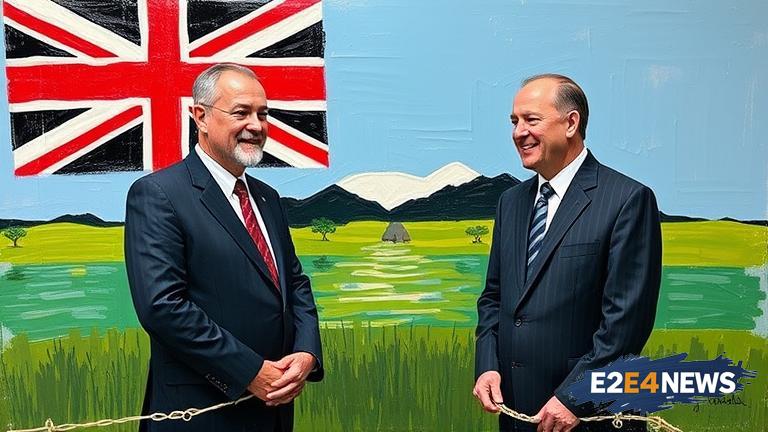A recent controversy surrounding the Taranaki regional council’s handling of treaty principles has led to widespread criticism and calls for councillors to resign from the upcoming election. The issue has sparked a heated debate about the council’s commitment to Maori representation and partnership, with many arguing that the councillors have failed to uphold the principles of the Treaty of Waitangi. The Treaty of Waitangi is a founding document of New Zealand that guarantees Maori rights and interests, and its principles are meant to guide the country’s governance and decision-making processes. However, the Taranaki regional council has been accused of ignoring these principles and prioritizing the interests of other groups. The controversy began when the council made a decision that was seen as contradictory to the treaty principles, leading to outrage from Maori communities and advocacy groups. The council’s actions were widely criticized, with many arguing that they had failed to consult with Maori stakeholders and had disregarded their concerns. The issue has highlighted the need for greater representation and partnership between Maori and non-Maori in local government, and has sparked calls for greater accountability and transparency. The Taranaki regional council has faced criticism in the past for its handling of Maori issues, and this latest controversy has led to renewed calls for change. Many are arguing that the councillors should resign from the upcoming election, citing their failure to uphold the treaty principles and their lack of commitment to Maori representation. The issue has also sparked a wider debate about the role of local government in upholding the treaty principles and promoting Maori partnership. Some have argued that the council’s actions are symptomatic of a broader problem in New Zealand, where Maori rights and interests are often marginalized or ignored. Others have argued that the controversy highlights the need for greater education and awareness about the treaty principles and their importance in New Zealand’s governance and decision-making processes. The Taranaki regional council has responded to the criticism, stating that they are committed to upholding the treaty principles and promoting Maori partnership. However, many remain skeptical, arguing that the council’s actions speak louder than their words. The controversy has also sparked a reaction from the wider community, with many calling for greater accountability and transparency in local government. The issue has highlighted the need for greater representation and partnership between Maori and non-Maori, and has sparked a renewed focus on the importance of upholding the treaty principles. As the upcoming election approaches, the controversy is likely to remain a major issue, with many voters considering the councillors’ commitment to Maori representation and partnership when casting their ballots. The Taranaki regional council’s handling of the treaty principles controversy has significant implications for the future of Maori partnership and representation in local government, and will likely be closely watched by communities across New Zealand. The council’s actions have sparked a wider debate about the role of local government in upholding the treaty principles, and have highlighted the need for greater accountability and transparency. The controversy has also sparked a renewed focus on the importance of education and awareness about the treaty principles, and the need for greater representation and partnership between Maori and non-Maori. Ultimately, the outcome of the controversy will depend on the actions of the Taranaki regional council and their commitment to upholding the treaty principles and promoting Maori partnership. The council’s response to the criticism will be closely watched, and will likely have significant implications for the future of Maori representation and partnership in local government. The controversy has highlighted the need for greater accountability and transparency in local government, and has sparked a renewed focus on the importance of upholding the treaty principles. As the situation continues to unfold, it is likely that the controversy will remain a major issue in the upcoming election, and will have significant implications for the future of Maori partnership and representation in local government.





